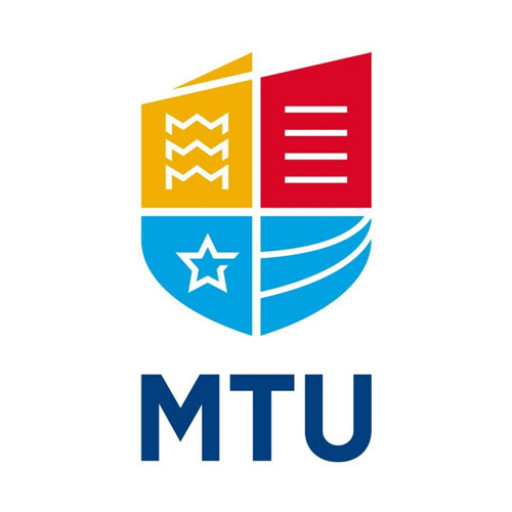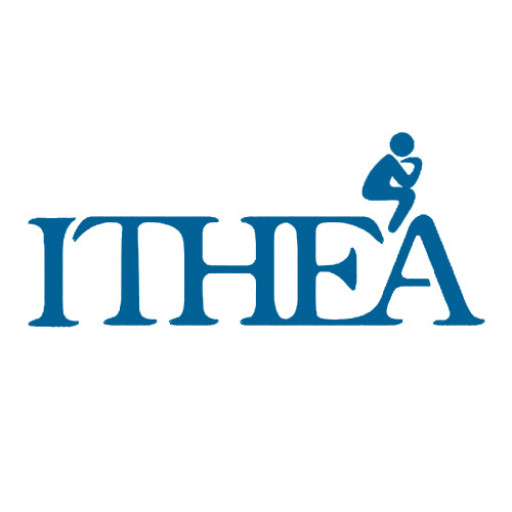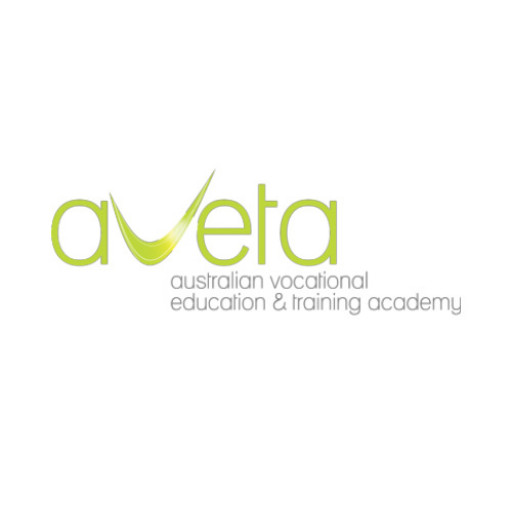The Employment Skills program at Chisholm Institute is designed to prepare students with the essential knowledge and practical skills needed to succeed in today's dynamic job market. This comprehensive course aims to equip participants with the ability to secure meaningful employment, enhance their employability prospects, and develop a solid understanding of workplace expectations and industry standards. Throughout the program, students engage in a range of learning activities that cover key areas such as effective communication, resume writing, interview techniques, workplace safety, and occupational health and safety requirements. The curriculum is tailored to meet current industry needs, ensuring that graduates are industry-ready and capable of contributing positively to their chosen fields.
Participants will also gain insights into Australian workplace culture, workplace rights and responsibilities, and the importance of professionalism and teamwork. Practical training is integrated into the coursework through real-world scenarios, role-plays, and simulated work environments, providing learners with hands-on experience. The program emphasizes developing independent learning skills, critical thinking, and problem-solving abilities, which are vital for career advancement. Additionally, students have access to support services such as career counseling, job placement assistance, and mentorship programs to help facilitate their transition from training to employment. The Employment Skills course is suitable for individuals seeking to enter the workforce, those needing a career refresh, or professionals looking to upgrade their skills. Upon completion, graduates are well-equipped to pursue entry-level positions across various sectors or continue their training pathway for further qualifications. With a focus on practical outcomes and industry engagement, this program offers a valuable stepping stone towards achieving long-term career success.
The Employment Skills program at Chisholm Institute is designed to equip students with the essential skills and knowledge required to successfully enter and thrive in today's dynamic workforce. This comprehensive course focuses on developing practical abilities that align with current industry standards and employer expectations. Throughout the program, students engage in a variety of theoretical and hands-on learning activities, including workshops, simulated work environments, and real-world projects, which enable them to gain confidence and competence in their chosen field.
The curriculum covers key areas such as effective communication, teamwork, problem-solving, and workplace safety. Participants also learn about industry-specific skills tailored to the employment sector, ensuring they are well-prepared for diverse job roles. Furthermore, the program emphasizes the importance of professional behaviour, presentation skills, and digital literacy, which are vital components for success in many industries today.
Chisholm’s Employment Skills program also provides personalized support services to assist students in identifying their career goals, refining their job search techniques, and preparing compelling resumes and cover letters. Additionally, students have the opportunity to participate in work placements or internships, offering invaluable practical experience and industry connections. These placements often lead to direct employment opportunities or further training pathways.
The flexible delivery options of the program, including full-time and part-time modes, allow students to balance their studies with other commitments. The program is suitable for individuals seeking to enhance their employability or transition into new career sectors. Upon successful completion, graduates receive certification that can serve as a stepping stone to full-time employment or further educational pursuits within Chisholm Institute or other tertiary institutions.
Overall, the Employment Skills program aims to empower students with the necessary tools to secure sustainable employment, develop ongoing career growth, and adapt to the evolving demands of the modern workplace.
Entry requirement: Completion of Year 12 or equivalent, or relevant work experience. English language proficiency: IELTS, TOEFL, or equivalent as specified by the institution. Applicants must provide proof of prior qualification or work experience relevant to employment settings. A personal statement or resume describing interest in employment training may be required. Interview process may include a skills assessment to determine suitability for the program. Additional prerequisites may include completion of foundational courses or vocational courses related to employment skills, depending on the specific stream selected. There are no specific prerequisites for some entry pathways, but applicants should demonstrate motivation and readiness for employment-focused training. Occupational health and safety considerations are integral to the program, requiring students to adhere to workplace safety regulations during practical components. The program caters to a diverse student body, including school leavers, career changers, and those seeking upskilling for employment opportunities. Prior to enrollment, students may need to undertake language, literacy, and numeracy assessments to ensure they meet the foundational competency levels. The program emphasizes practical skills development through workplace simulations, projects, and industry placements, aligning with industry standards and job requirements. Certification requirements mandate the successful completion of all coursework, assessments, and any industry placements mandated by assessment authorities. Some courses may require students to obtain additional certifications such as first aid or WHS (Workplace Health and Safety) certificates before completion. International students must meet visa requirements and provide proof of health insurance, and may need to undertake additional language testing. The program has specific intake dates, and applicants are encouraged to apply early to secure a place. It is designed to enhance employability skills, including communication, teamwork, problem-solving, and technical competencies relevant to various industries. Benefits of completing the program include improved employment prospects and potential pathways to further vocational education.
The Employment (EAL) program at Chisholm Institute offers a comprehensive pathway for individuals seeking employment opportunities in various industries. The program provides students with essential skills and practical training designed to enhance their employability and meet the demands of the current job market. Regarding financing studies, the program typically offers multiple options to accommodate diverse student needs and ensure accessible education. Students enrolled in the EAL program may be eligible for government funding and concessions, depending on their eligibility criteria and the specific course components they undertake. For instance, government initiatives such as the TAFE Digital funding or Victoria’s Free TAFE initiative may cover part or all of the tuition fees for eligible students. These initiatives are designed to reduce financial barriers and support skills development for learners from different backgrounds.
Additionally, students may have the choice to pay fees upfront or enter into flexible payment arrangements such as payment plans provided by the institute. Scholarships and bursaries might also be available for eligible students, offering financial assistance based on merit or need. It is important for prospective students to consult directly with Chisholm Institute’s admissions or student services department to obtain up-to-date information on current funding options, eligibility requirements, and application procedures. International students, while not typically covered under domestic government funding schemes, may need to pay full international student tuition fees. These fees vary depending on the program length and components but are generally outlined in the official course prospectus.
The institute also encourages students to explore external funding options, including grants, sponsorships, or employer-supported training arrangements, especially for those undertaking the EAL program as part of workforce development initiatives. Overall, Chisholm Institute endeavours to make employment-oriented education accessible through a combination of government subsidies, flexible payment options, and support services, enabling students to focus on acquiring valuable skills without undue financial burden.
The Employment program at Chisholm Institute is designed to provide students with the essential skills and knowledge required to enter or re-enter the workforce across various employment sectors. This program emphasizes practical training and real-world applications, enabling graduates to meet the current demands of the job market. The curriculum is tailored to foster industry-relevant competencies, including workplace communication, problem-solving, teamwork, and time management, which are critical in various employment settings.
Students enrolled in this program benefit from a combination of theoretical instruction and hands-on experience. Depending on the specific focus area, coursework may include job readiness skills, resume writing, interview techniques, occupational health and safety, and industry-specific technical skills. Practical training often involves simulated work environments or industry placements, allowing students to gain invaluable experience and build professional networks that can facilitate employment opportunities after graduation.
Chisholm Institute’s Employment programs are designed to be flexible, catering to a diverse student body including school leavers, mature-aged students, and those looking to change careers. The programs are offered with various delivery modes, such as full-time, part-time, and online options, providing accessibility and convenience for students with different needs and commitments.
The Institute maintains strong industry partnerships to ensure that course content remains relevant and aligned with employer expectations. These collaborations also facilitate industry placements, giving students firsthand experience and insight into workplace practices and culture. Upon successful completion of the program, graduates receive certification that can enhance their employment prospects, enabling them to secure roles in their chosen fields more effectively.
Chisholm Institute is committed to student support services, including career counseling, job placement assistance, and employer engagement initiatives. These resources are aimed at boosting students’ confidence and preparedness for entering the workforce, making the transition from education to employment as smooth as possible. The Employment programs are continually reviewed and updated in response to labor market trends, ensuring graduates are equipped with current and relevant skills to succeed in their careers.







